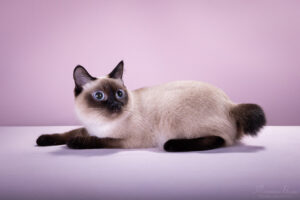Find a Breed
-
Abyssinian

-
American Bobtail

-
American Bobtail Shorthair

-
American Curl

-
American Curl Longhair

-
American Shorthair

-
American Wirehair

-
Australian Mist

-
Balinese

-
Bengal

-
Bengal Longhair

-
Birman

-
Bombay

-
British Longhair

-
British Shorthair

-
Burmese

-
Burmilla

-
Burmilla Longhair

-
Chartreux

-
Chausie

-
Cherubim

-
Cornish Rex

-
Cymric

-
Devon Rex

-
Donskoy

-
Egyptian Mau

-
Exotic Shorthair

-
Havana

-
Highlander

-
Highlander Shorthair

-
Himalayan

-
Household Pet

-
Household Pet Kitten

-
Japanese Bobtail

-
Japanese Bobtail Longhair

-
Khaomanee

-
Korat

-
Kurilian Bobtail

-
Kurilian Bobtail Longhair

-
LaPerm

-
LaPerm Shorthair

-
Lykoi

-
Maine Coon

-
Maine Coon Polydactyl

-
Manx

-
Minuet

-
Minuet Longhair

-
Munchkin

-
Munchkin Longhair

-
Nebelung

-
Norwegian Forest

-
Ocicat

-
Oriental Longhair

-
Oriental Shorthair

-
Persian

-
Peterbald

-
Pixiebob

-
Pixiebob Longhair

-
Ragdoll

-
Russian Blue

-
Savannah

-
Scottish Fold

-
Scottish Fold Longhair

-
Scottish Straight

-
Scottish Straight Longhair

-
Selkirk Rex

-
Selkirk Rex Longhair

-
Serengeti

-
Siamese

-
Siberian

-
Singapura

-
Snowshoe

-
Somali

-
Sphynx

-
Tennessee Rex

-
Thai

-
Tonkinese

-
Toybob

-
Toyger

-
Turkish Angora

-
Turkish Van


